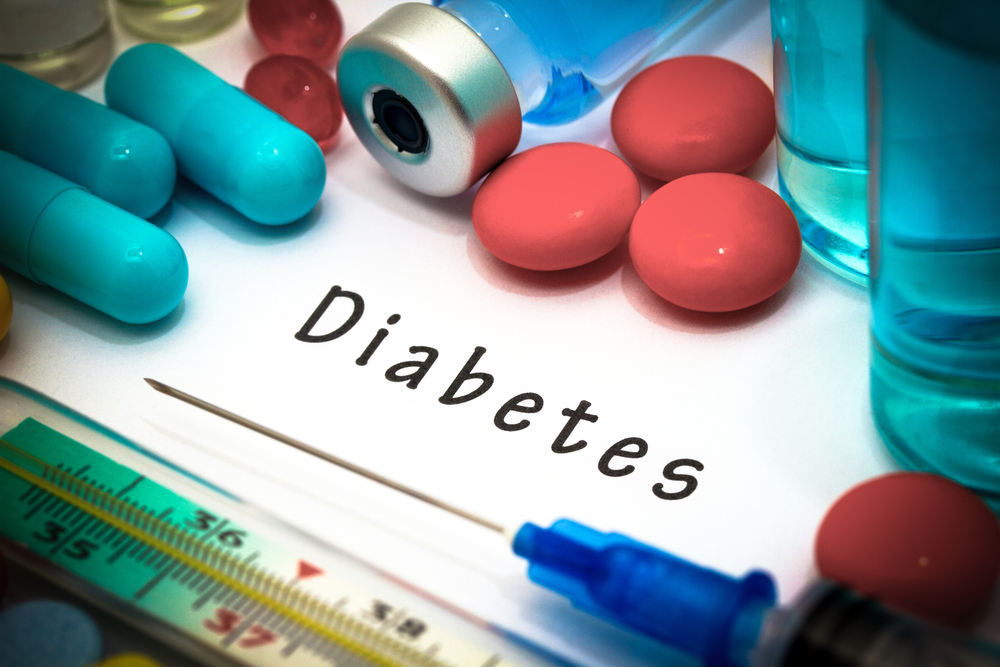



Get new exclusive access to healthcare business reports & breaking news




People who are at high-risk for developing type 1 diabetes have reasons to be optimistic, since a new drug has delayed the onset of the disease by at least a year, according to new research.
Type 1 diabetes (T1D) is characterized by the patient’s immune system’s attack on beta cells. The drug teplizumab manages to alter the immune system’s white blood cells that are responsible for killing insulin-producing beta cells. Teplizumab treatment over 14 days decreased the rate of type 1 diabetes in those at high risk of the condition by half.
The US study team reports this is the first time a medication has been able to delay the onset of type 1 diabetes.
Type 1 diabetes is an autoimmune disease that affects about 1.25 million children and adults in the United States. Nearly 18,000 new cases are diagnosed annually in people under age 20, according to the American Diabetes Association.
Certain people are more at risk to develop type 1 diabetes. Age is a significant catalyst. This condition is one of the most common chronic ones to emerge in childhood. Having relatives with the disease puts people at higher risk of developing it. Men are more likely to have type 1 diabetes than women.
“Type 1 diabetes is one of the most common chronic diseases of childhood, and is a real challenge to manage well, particularly for younger children. For years, finding a way to prevent the disease has been a major clinical goal,” said Stephen Gitelman, MD, a Trialnet Principal Investigator and Mary B. Olney, MD/KAK Distinguished Professor in Pediatric Diabetes and Clinical Research at the UCSF Diabetes Center, one of the 28 sites that took part in the Teplizumab Prevention Study. The research was conducted by TrialNet, the largest clinical trial network ever assembled to discover ways to delay and prevent T1D.
76 participants between 8-49 years old were part of the trial; all were considered at high risk of getting the condition. Having relatives with the condition was one of the factors, which corroborated with tests revealing auto-antibodies relating to type 1 diabetes, and blood glucose levels above normal.
Forty-four randomly assigned participants were given teplizumab and 32 received a placebo. Only 43% of those taking the drug developed type 1 diabetes, while a percentage of 72 of the placebo receivers developed diabetes.
Researchers studied the length of time it took for study participants to develop type 1 diabetes, taking into account whether they received the drug or the placebo. Those taking teplizumab developed the illness an average of 48.4 months later, while those taking placebo developed diabetes in less than 24.4 months.
The difference was even more significant in the first year; only 7 percent of people taking the drug developed the condition, while 44 percent of the placebo group did.
Since among the side effects reported was temporary low levels of lymphocytes, researchers are worried about long-term use affecting the immune system too much, although they speculate that a further round of the drug could delay the condition even further. Other side effects included rashes.
“After repeated failures, this is the first time anyone’s been able to delay the onset of type 1 diabetes. The rate of development of diabetes was reduced by half,” said Yale University’s Dr Kevan Herold, the lead researcher in the trial.
The study was published by The New England Journal of Medicine. The results were presented at the American Diabetes Association meeting, which took place in San Francisco between June 7 and 11.
Researchers are very pleased with the study results. Dr Clifford Rosen, from the Maine Medical Center Research Institute and journal Deputy Editor Dr Julie Ingelfinger commented on the findings: “We can finally say that there has been substantial progress in modulating the early course of type 1 diabetes.”
“A median delay of two years compared to a lifetime of diabetes might not sound like a lot, but treating a 10-year-old instead of an 8-year-old or an 18-year-old instead of a 16-year-old is a very big difference, from a clinical perspective,” said Gitelman, who directs the UCSF Diabetes Center’s pediatric diabetes program. “Showing for the first time that we have the ability to prevent progression to T1D will be a major boon to these at-risk individuals and their families.”
Provention Bio Inc is developing the drug, but additional studies are imperative for it to be approved by regulatory agencies. The immuno-therapeutic drug is not currently FDA approved.
The researchers are aware the study has some limitations, the small number of participants not being ethnically diverse, and having relatives with type 1 diabetes, which means the findings are not easily generalized.
The scientists also need to research why some subjects reacted better than others after taking the drug, which could be related to specific traits of an individual’s immune system.
“While the results are encouraging, more research needs to be done to address the trial’s limitations, as well as to fully understand the mechanisms of action, long-term efficacy and safety of the treatment,” said Dr. Spain.
“This trial illustrates how decades of research on the biology of type 1 diabetes can lead to promising treatments that have a real impact on people’s lives. We’re very excited to see the next steps in this research,” said Dr. Griffin P. Rodgers, NIDDK Director. “The dedicated researchers, volunteers and families participating in this program make discoveries like this possible.”